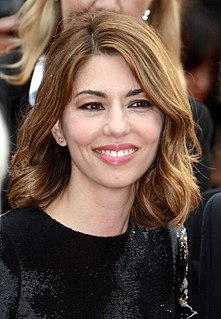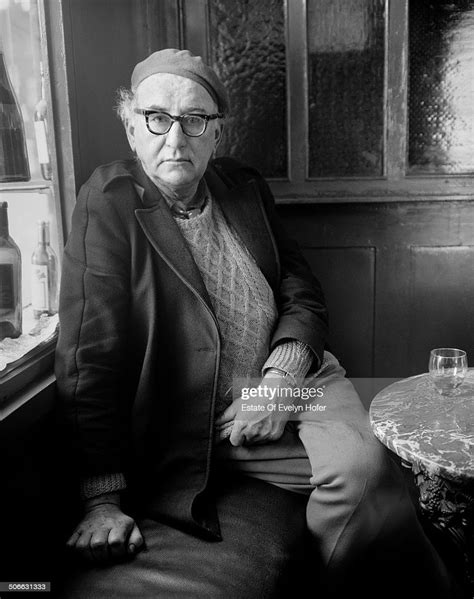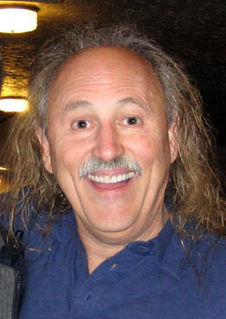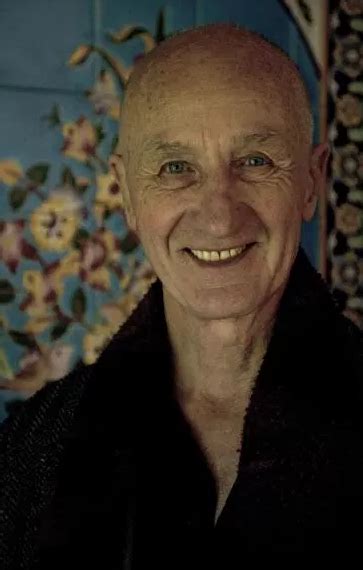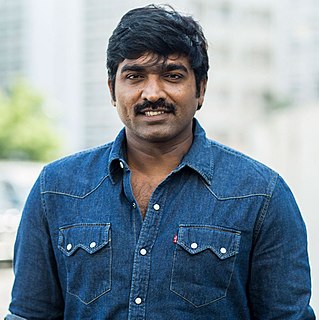A Quote by Andy Serkis
A lot of actors on film sets... very often they're not paying attention to the physical world around them. I think through studying art, I've always had that awareness and that's something that I've wanted to bring in to go beyond acting... As a form of expression, they are intrinsically linked.
Related Quotes
When I was at art school, a lot of art education is about art being a means of self-expression, and as an 18-year-old I didn't know if I had a huge amount I wanted to express. It was a big moment when I decided I wanted to shift the emphasis or the intention of my art from something I disgorged myself upon and something that actually fed me or made me see the world or understand the world.
Art begs you to notice it. Why? Because art is God's way of saying hello. So pay attention to poetry. Pay attention to music. Pay attention to paintings and sculptures and photo exhibits and ballets and plays. Don't let all this go unnoticed. Your world is shouting out to you, revealing something intrinsically glorious about itself. Listen carefully. Love art, the way art loves life.
I really didn't know what I wanted to do. I went to art school and tried a bunch of different things, but I knew I wanted to do something in the visual arts. And I'd always been around my dad's film sets, so the interest was there. But I didn't have the guts to say, "I want to be a director," especially coming from that family.
In the dear dead days beyond recall, when I was in my prime as a film critic, the industry was booming. Hollywood, to give them their due, always called it the industry, through quite a few imagined it as an art form and went through several hours regularly at tiresome films in the sacred cause of art.
Through death you find yourself, because you no longer identify with form. You realize you are not the form with which you had identified neither the physical nor the psychological form of "me". That form goes. It dissolves and who you are beyond form emerges through the opening where that form was. One could almost say that every form of life obscures God.
I've never felt that I was doing something for my people, except what I could to bring the accomplishments of the old ones to the attention of the world. I think the Northwest Coast style of art is an absolutely unique product, one of the crowning achievements of the whole human experience. I just don't want the whole thing swept under the carpet without someone paying attention to it.
Animation, for me, is a wonderful art form. I never understood why the studios wanted to stop making animation. Maybe they felt that the audiences around the world only wanted to watch computer animation. I didn't understand that, because I don't think ever in the history of cinema did the medium of a film make that film entertaining or not. What I've always felt is, what audiences like to watch are really good movies.
My fellow actors inspire me a lot and really good writing inspires me. And then trying to stick to the decision to only do something that I think will challenge me and that I, personally and very subjectively, I think is good not do something because I think it will bring me a lot of money or bring me a lot of awards. I've tried to very, very rigorously be highly subjective about what I do. And that's something that I think I have basically lived by.
In my films, I like to use the same actors again and again, so I know them really well and can bring their unique personalities into the process. However, as a director, I have strict control over the way they express their personalities. I don't want them to go beyond what I need from them, but I also don't want them to underplay. So I modulate their performances very closely, within a certain range of expression.
Period films to me are very often alienating to the audience. There's very often a formality. A staunchy quality to them that comes from the misenscene. It also comes from the performances of the actors, because they're acting Victorian which really means that they're just acting the way they've seen previous actors act Victorian.
I bring my attention to my hands on the steering wheel and notice how the chatter in my mind begins to fall away as my breathing slows. I'm awake and alive, simply driving the car going where I need to go, on time and in time. A still point of the turning world. With that awareness, I bring my attention into my body, and the body is the doorway to the timeless, because the body is always where we are and always in the present moment.



